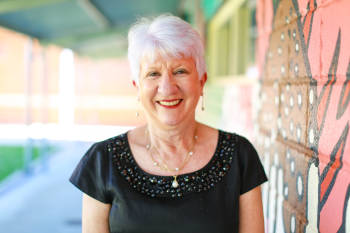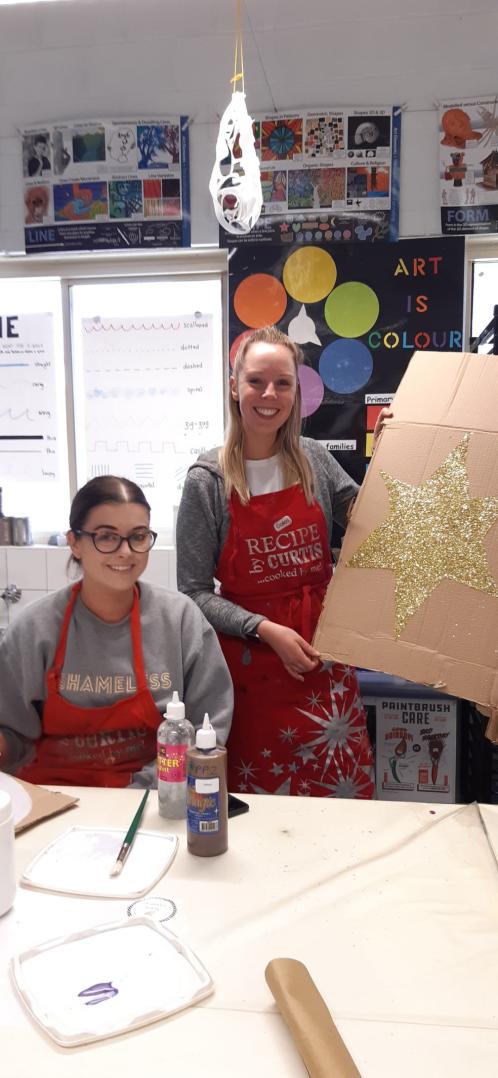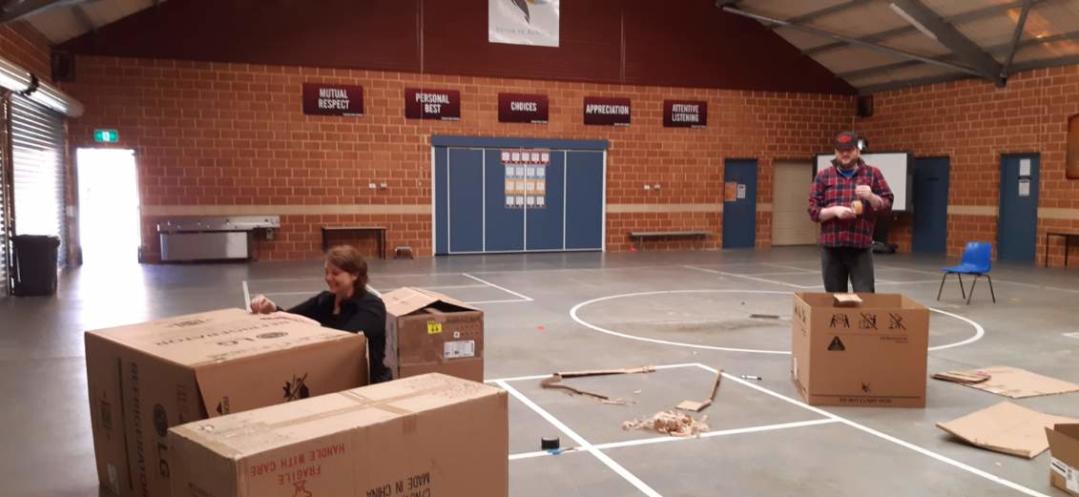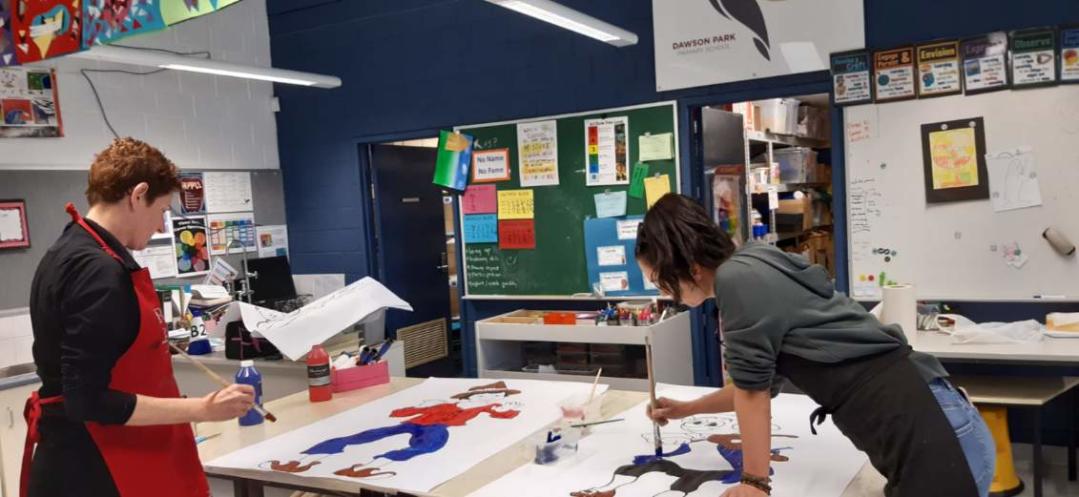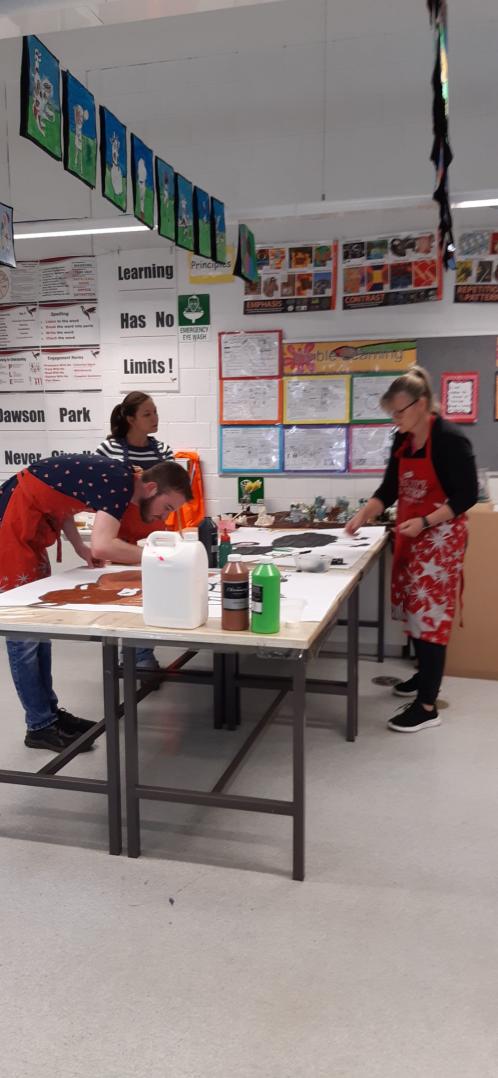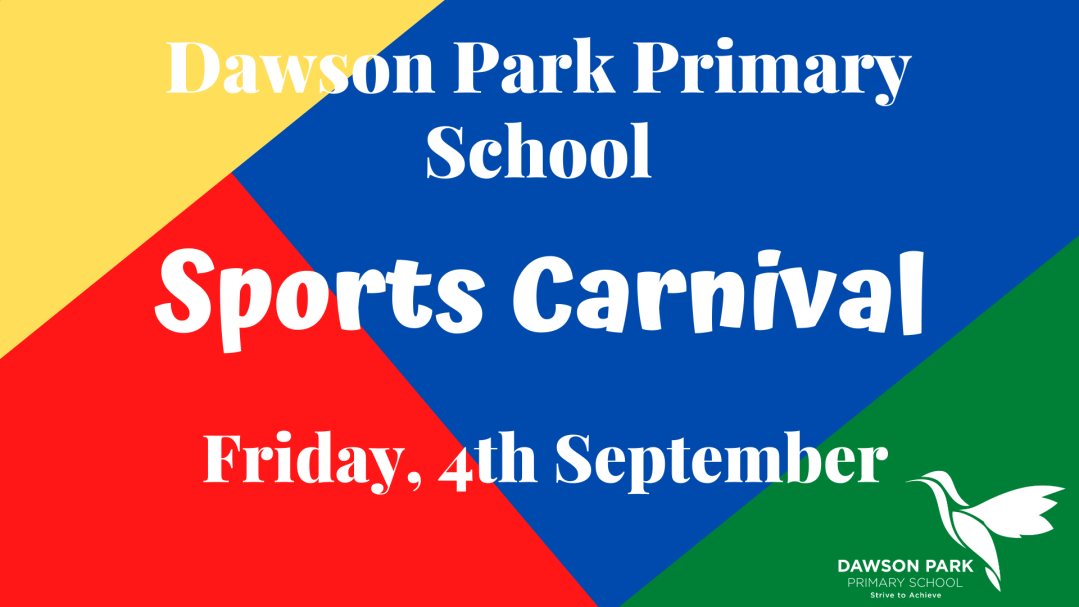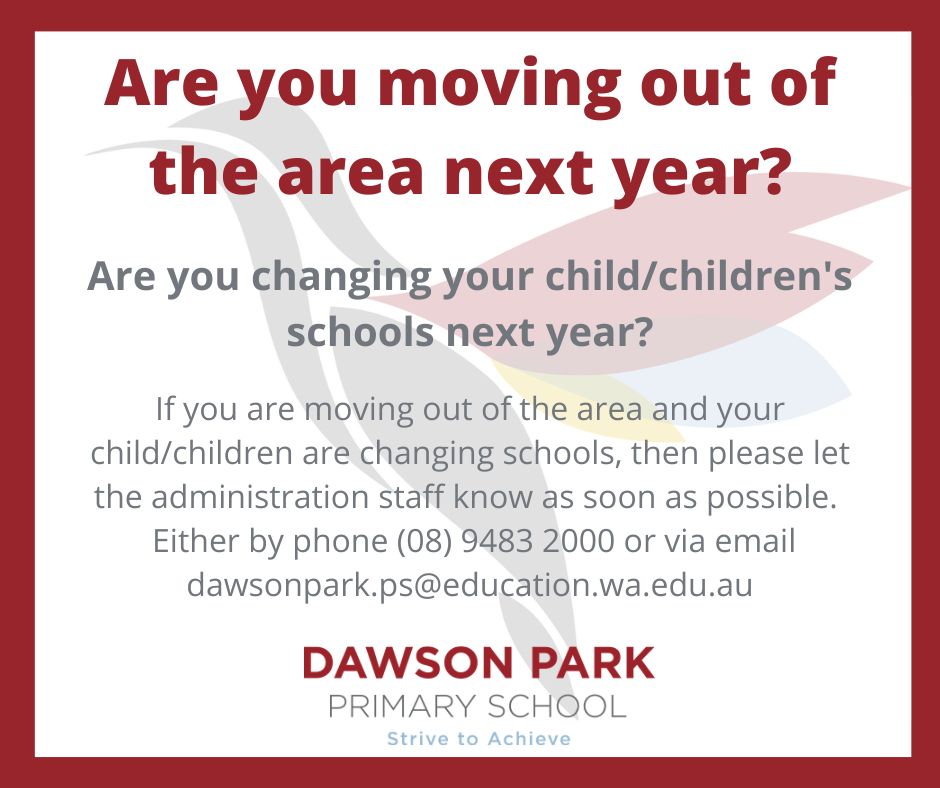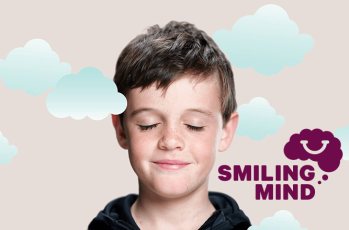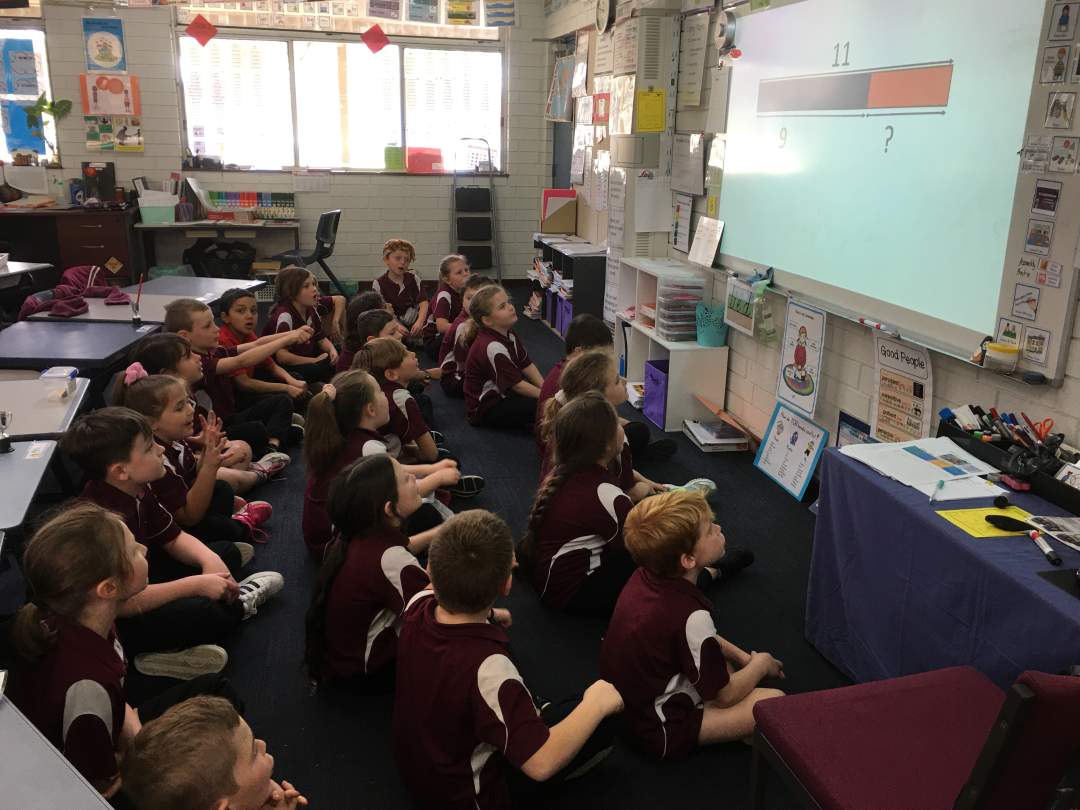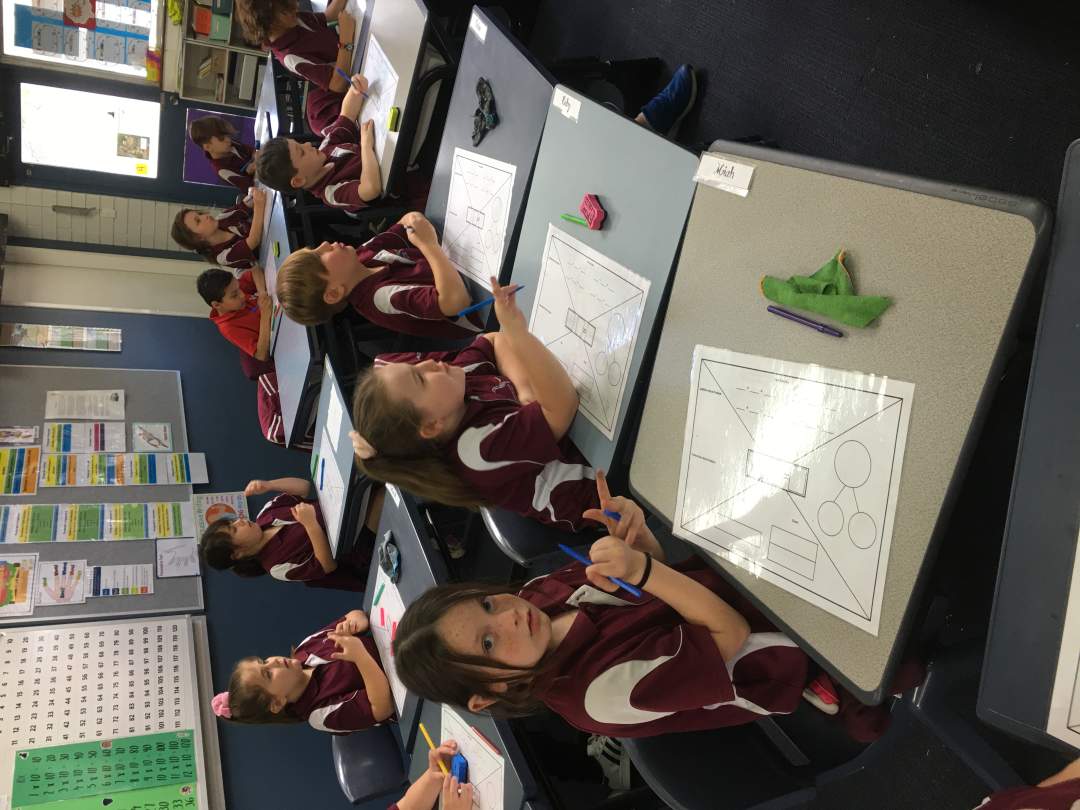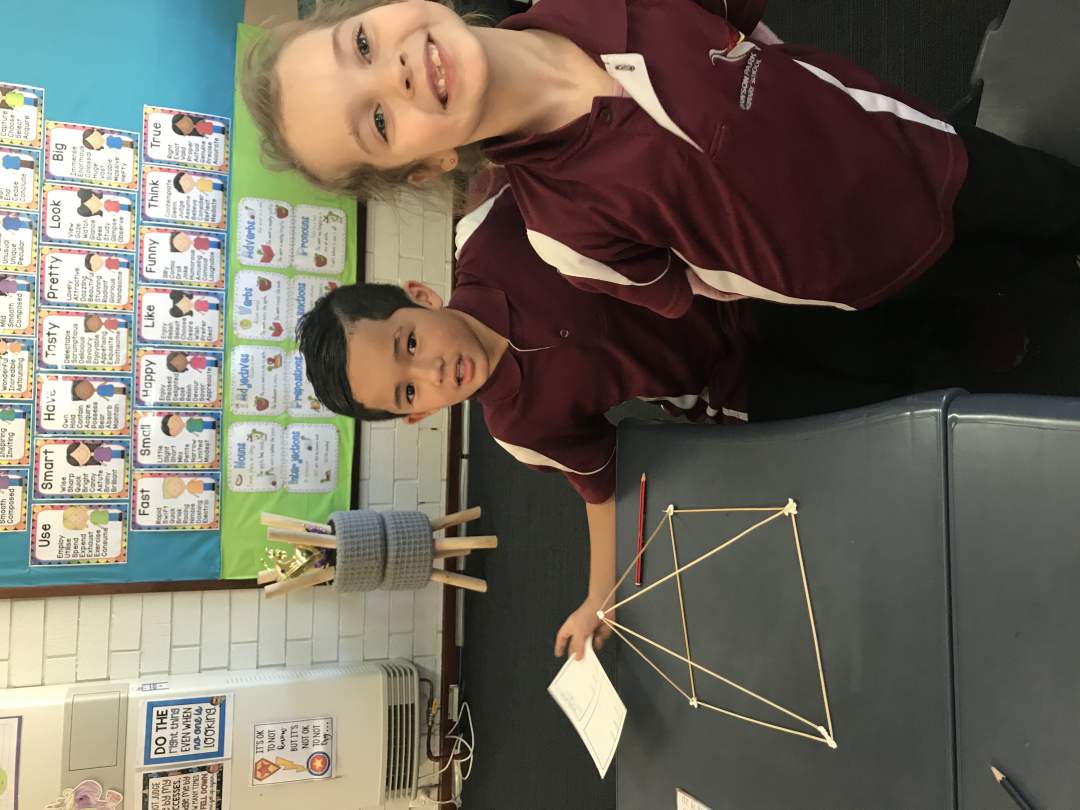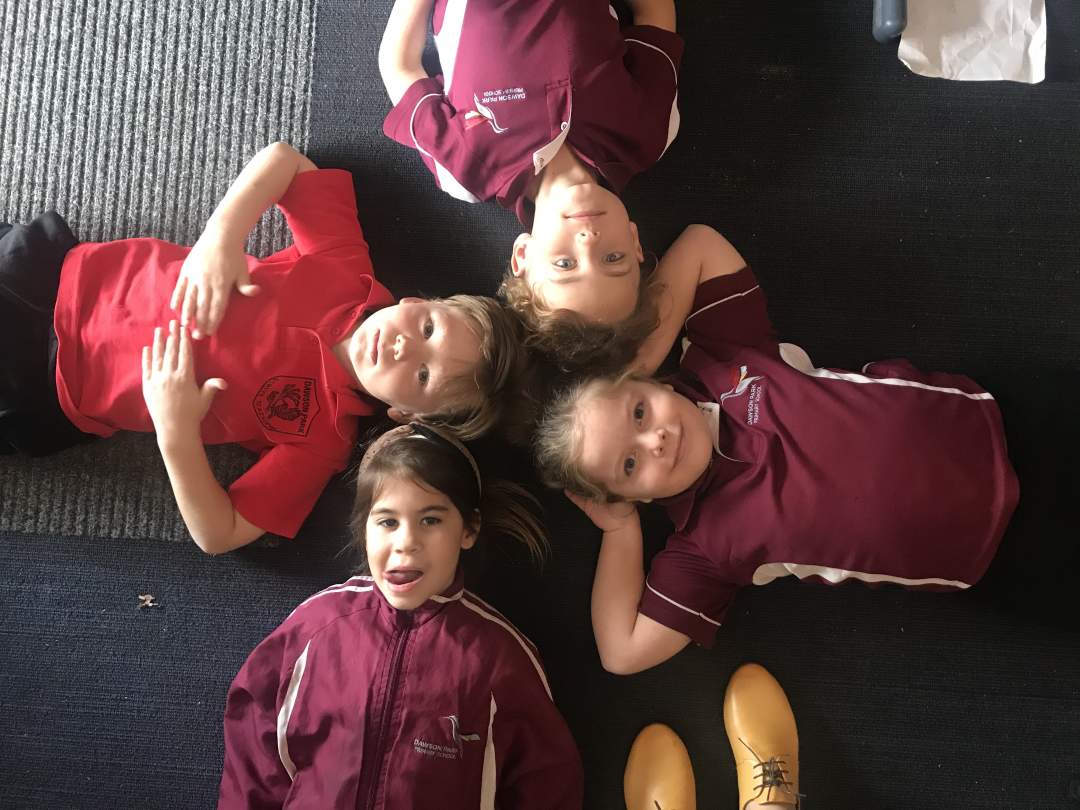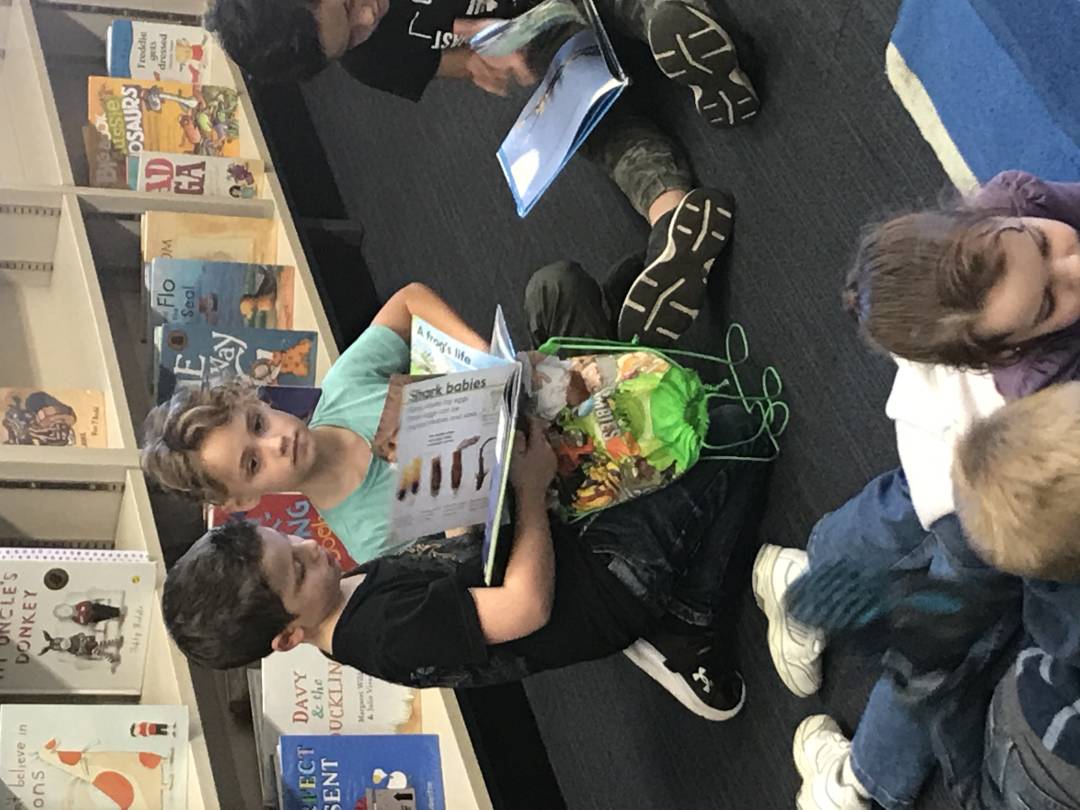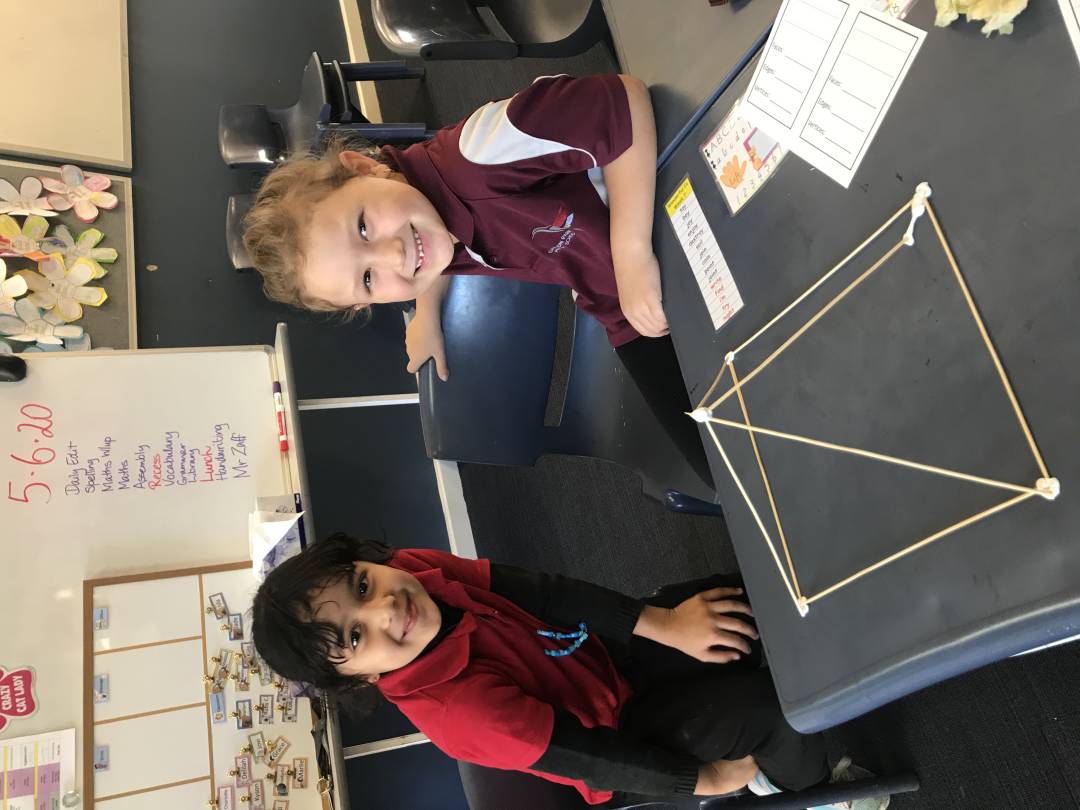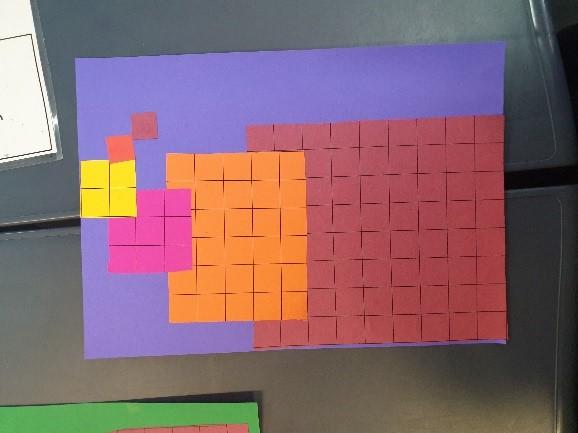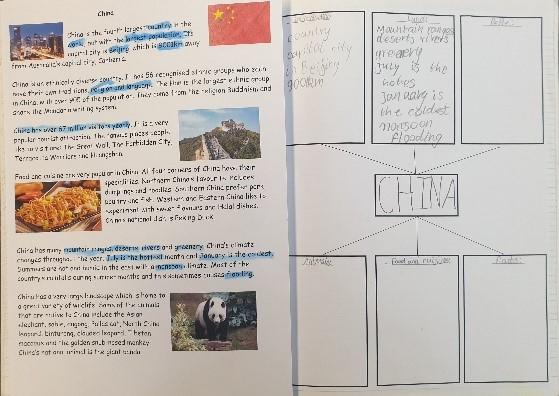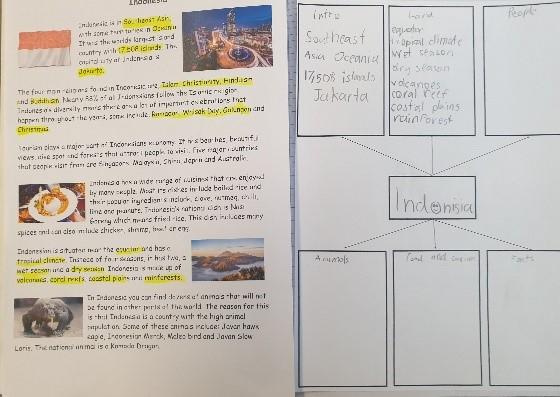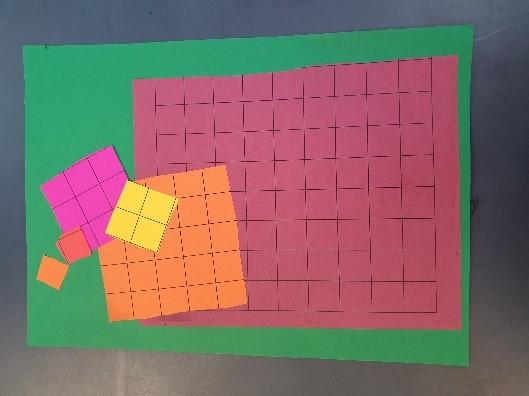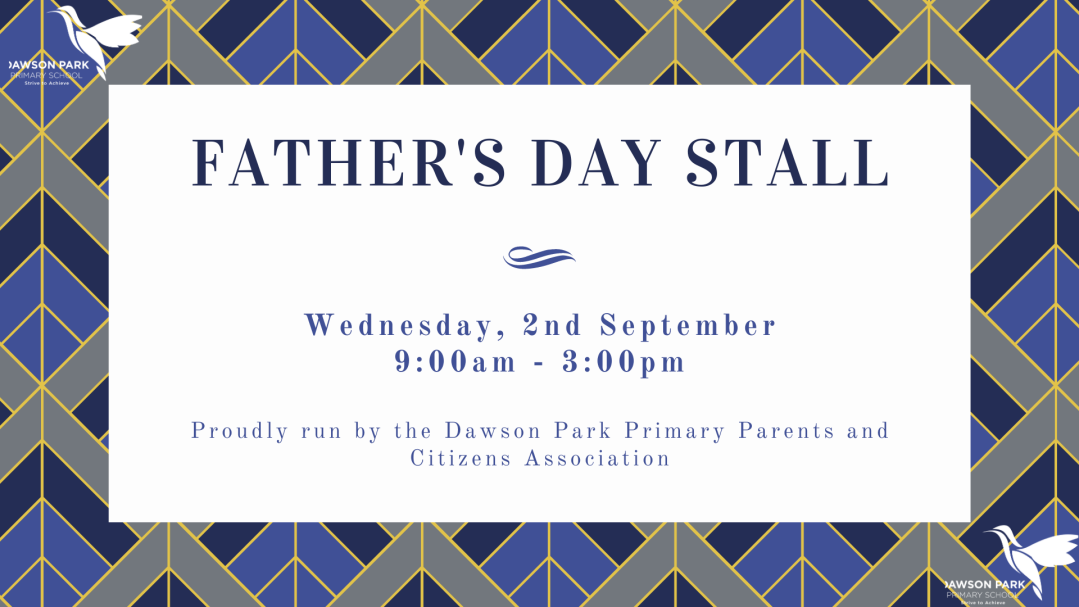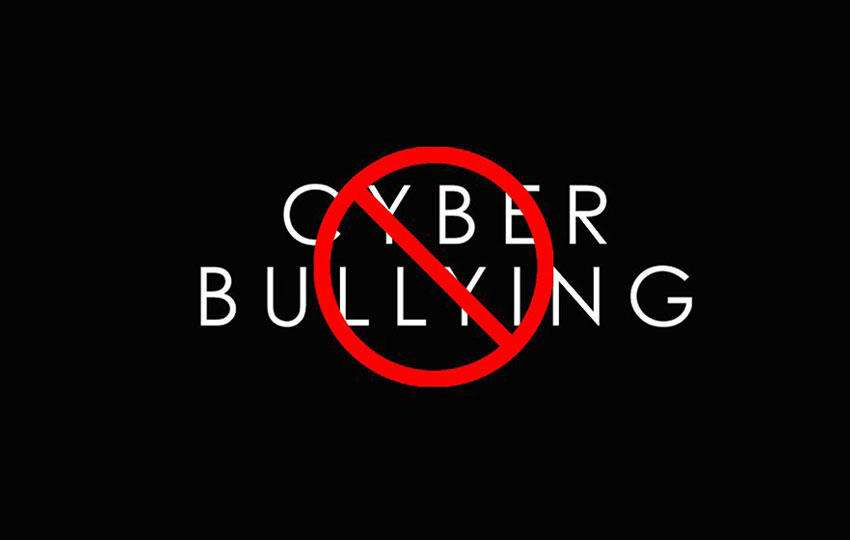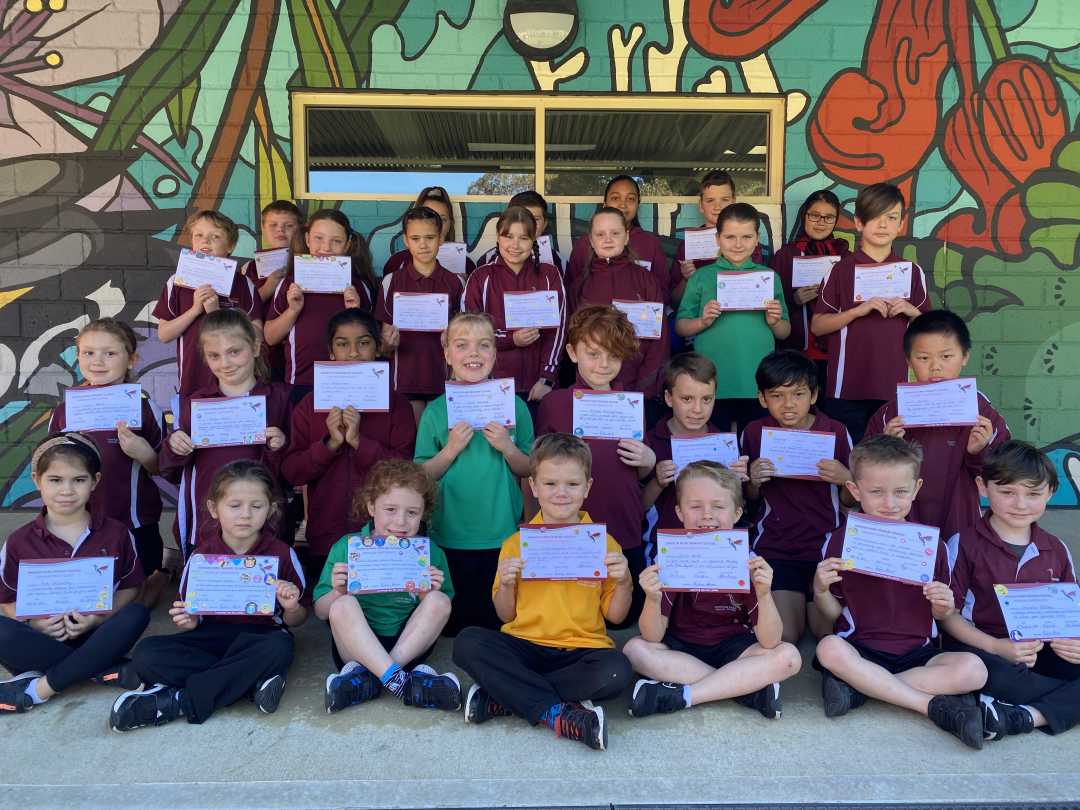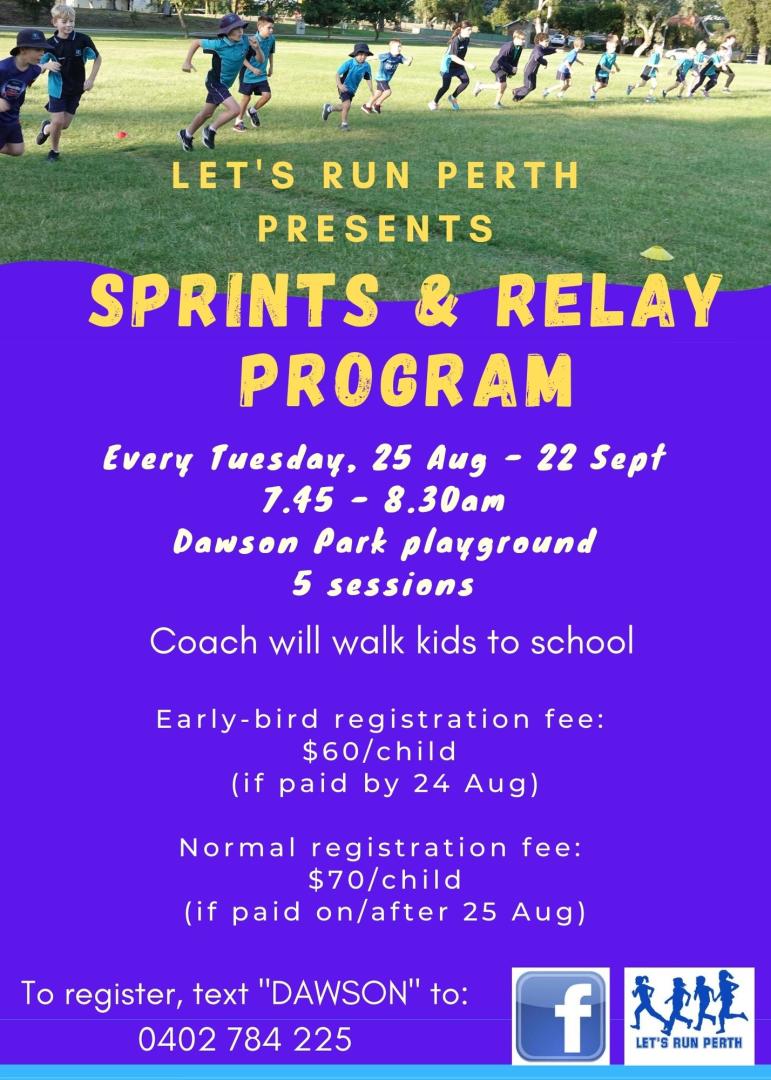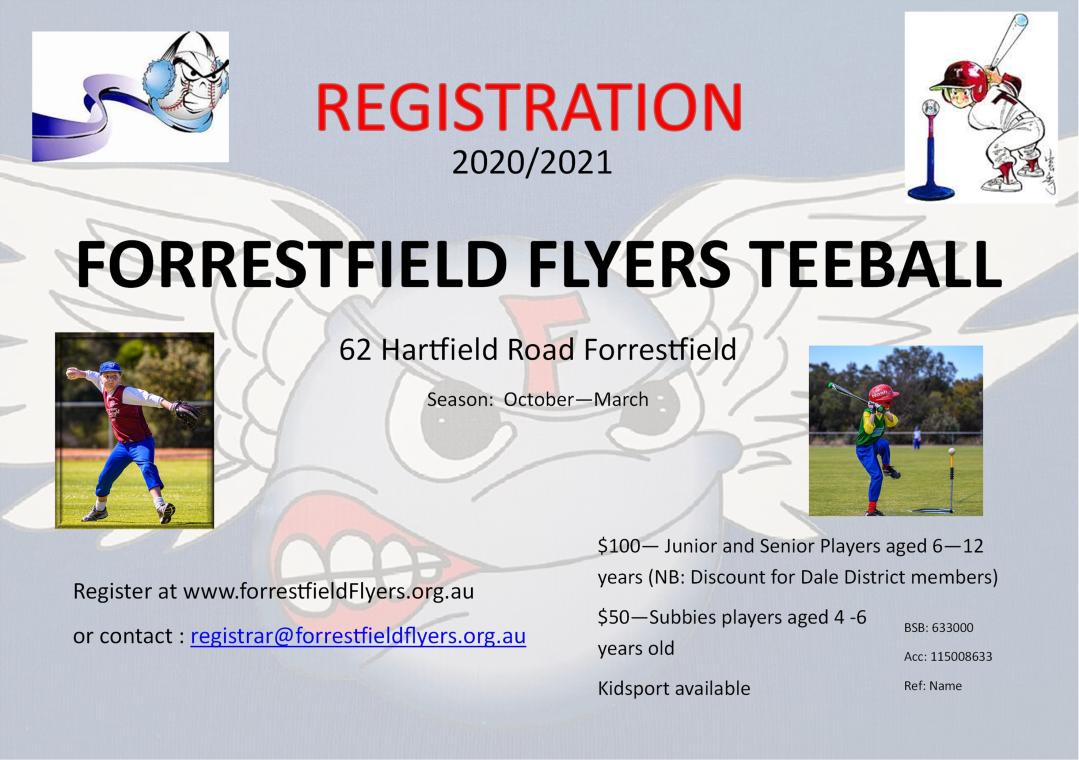Daily routines help all families get through everyday tasks. Routines can also build family bonds. A good routine caters for the needs of all family members.
Routines: the basicsRoutines are how families organise themselves to get things done, spend time together and have fun. Every family has its own unique routines. Routines help family members know who should do what, when, in what order and how often.
For example, your family might have:
- daily routines for work and school mornings, bath time, bedtime, mealtimes, greetings and goodbyes
- weekly routines for housework, like washing and cleaning
- other routines involving holidays and extended family get-togethers.
Family life is often smoother with a few routines, but there’s more to routines than this.
Routines also let your children know what’s important to your family. For example, really special routines are sometimes called rituals. These can help strengthen your shared beliefs and values, and build a sense of belonging and togetherness in your family.
Maintaining normal daily routines can make it easier for children to deal with stressful events, like the birth of a new child, a divorce, the illness or death of a family member, or a move to a new city or country.Children: why routines are good for them
Some children like and need routine more than others. In general, though, routines have the following benefits for children:
Safety and belongingAn organised and predictable home environment helps children and teenagers feel safe, secure and looked after, particularly in stressful times or during difficult stages of development, like puberty.
Also, routines built around having fun or spending time together strengthen family relationships. For example, reading a story together before bed or going for a special snack after soccer practice can become a special time for you and your child to share.
Skills and responsibilityHaving chores to do in family routines helps children and teenagers develop a sense of responsibility and some basic skills like the ability to manage time. These are skills children can use for life.
And when children can do their parts of the routine with less help or supervision from you, it also helps them become more independent.
Healthy habitsRoutines can be a way of teaching younger children healthy habits, like brushing their teeth, taking medicine regularly, getting some exercise, or washing their hands after using the toilet.
This means that routines can be good for children’s health. For example, children who wash their hands more regularly might be less likely to get colds and other common illnesses. Also, routines can reduce stress, and lower stress is good for children’s immune systems.
Daily routines help set our body clocks too. For example, bedtime routines help children’s bodies ‘know’ when it’s time to sleep. This can be a big help when children reach adolescence and their body clocks start to change.
It can be easy to over-schedule family life. Routines have lots of benefits, but it’s also good for children and parents to have free time to play, relax or be creative.Parents: why routines are good for you
Routines take some effort to create. But once you’ve set them up, they have lots of benefits:
- Routines help you get through your daily tasks and free up time for other things.
- Regular and consistent routines can help you feel like you’re doing a good job as a parent.
- When life is busy, routines can help you feel more organised and in control, which lowers stress.
- Routines often free you from having to resolve disputes and make decisions. For example, if Sunday night is pizza night, no-one needs to argue about what’s for dinner.
If you feel you haven’t got enough time to spend with your children, you could think about whether your children could be more involved in existing routines. How could you change routines to include your children? And if there are activities you want to do but can’t find time for, can you include some of them in your family’s regular routine?
What makes a good daily routine?
There are no rules about how many or what kind of routines you should have. All families are different, and what works well for one family might not work for another.
Your routines need to be based on your individual family needs. But effective routines do share three key features:
- Well planned: in a good routine, everyone understands their roles, knows what they need to do and sees their roles as reasonable and fair. For example, your children know that they take turns with washing up and drying up each night after dinner.
- Regular: good routines become part of everyday family life. For example, you might all look forward to Sunday night barbecues with your children’s grandparents.
- Predictable: in a good routine, things happen in the same order each time. For example, you always wash school uniforms on the weekend, so you know they’ll be ready for Monday morning.
Routines for children with disabilities can be a big help. They can be even more important for children who find it hard to understand or cope with change.
Toddlers and preschoolers: ideas for daily routinesFor toddlers and preschoolers, you could have routines for:
- getting ready in the morning
- getting together with other children to play, perhaps at playgroup
- eating meals
- spending time playing and talking together each day
- reading books or telling stories
- having quiet time and going to bed at night.
A bedtime routine for toddlers might be brushing teeth and changing nappy, having some quiet time while reading a book, then getting into bed for a special song and kiss good night.School-age children: ideas for daily routines
For school-age children, you could have routines for:
- getting ready in the morning and going to bed at night
- tidying up toys
- getting together with other children to play, perhaps after school once or twice a week
- giving out pocket money at a regular time and day
- doing after-school activities like hobbies or sport
- doing chores – for example, setting the dinner table, unpacking the dishwasher, helping with the laundry, or caring for pets.
For school-age children, you might have a playdate routine if there are days when you don’t go to paid work. For example, on Mondays your school-age child is allowed to invite a friend over after school. When the friend goes home about 5 pm, your child tidies up before setting the table for dinner.Teenagers: ideas for daily routines
Older children and teenagers might grow out of, or start to challenge, some routines. You’ll probably need to be flexible and adapt routines as your children get older. For example, you might need to change bedtime routines or the chores that children do around the house.
For teenagers, you could have routines for:
- doing laundry or other chores like making beds and cleaning rooms
- doing homework
- doing after-school activities, including hobbies or sport.
A weekday evening routine for your teenage child might involve getting home from sports training, having a quick shower, sitting down to a family meal and then helping with the washing up and clearing away before doing an hour or so of homework.Routines for the whole family: ideas
You could have routines for:
- preparing and eating meals together
- spending family time, like regular walks after dinner or movie nights
- having family meetings, or just taking turns talking about the day
- spending special one-to-one time with parents
- catching up with extended family and friends
- taking part in special celebration days or community activities.
For more information: https://raisingchildren.net.au/school-age/family-life/routines-rituals-rules/family-routines

